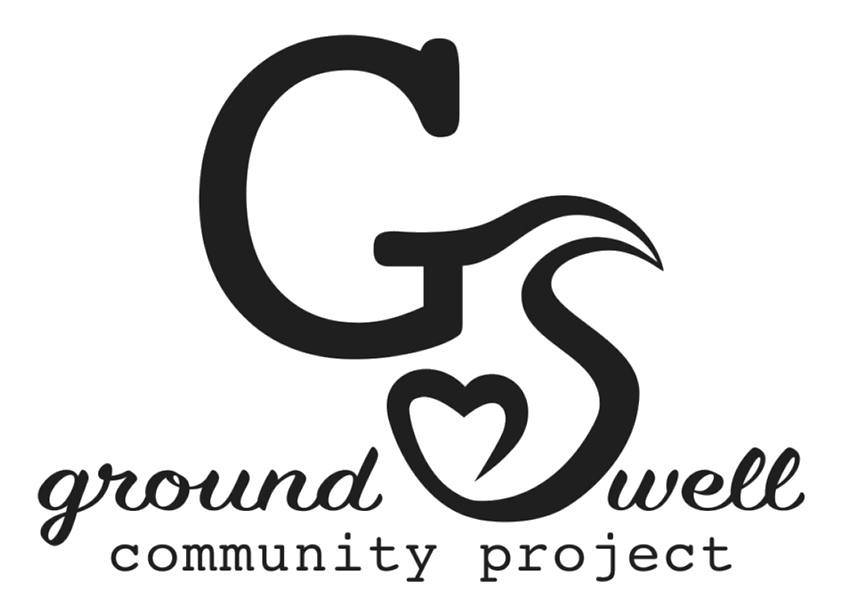Evidence-Based Ways That Surfing Decreases Mental Health Issues
Most people think of surfing as a hobby, a passion, or even a career, but did you know that it can also help with mental health? It’s true. It’s about more than just the benefits that physical activity can have on our emotional wellbeing; it is also the mindfulness that surfing requires. Surf therapy is a form of mental health treatment that is defined by the International Surf Therapy Organization as an intervention that “combines the therapeutic elements of the ocean with the adventures of surfing to impact the physical and mental wellbeing of individuals worldwide.” You might be wondering how this is possible. Here are some evidence-based ways that surfing can help to decrease a variety of mental health issues.
Mood
Surf therapy is a relatively new form of mental health treatment, but multiple studies have already been conducted that back up its efficacy. We know that being out in nature has an abundance of benefits, but activities that take place in the water specifically are said to have the potential to help people struggling with mental health even more. A study that compared surf therapy to hike therapy found that surf therapy was helpful for those with Major Depressive Disorder (MDD). Statistically speaking, individuals who surf are less likely to show symptoms of anxiety and depression when compared to those who are not surfers.
Anxiety reduction
Whether you’re watching the water or getting in it, it’s an incredibly relaxing environment. During many calming exercises promoted in therapy, we envision water or waves washing up on the shore, so imagine what being in the water can do! The focus that surfing requires can be therapeutic because it forces you to be present and engaged with what you’re doing. The sensory elements such as the scent of the ocean, the sound of the waves, and the feeling of the breeze or the water itself can have a soothing effect on people that promotes anxiety reduction.
Trauma and PTSD
While surfing and trauma may not sound like they’re connected, surf therapy can be a great addition to the treatment plan of a person living with PTSD. The U.S. Marine Corps includes surf therapy as a form of mental health treatment for those who have served. People who live with PTSD often face issues like insomnia, panic or anxiety, and feelings of depression. Research shows that surf therapy is particularly helpful for those with PTSD when it is paired with other forms of treatment for trauma such as trauma-informed therapy or EMDR.
Letting go and having fun
Sometimes, one of the best ways that we can implement self-care is by doing something enjoyable where we don’t face the pressure of our daily responsibilities. Whether you struggle with a diagnosed mental health condition or not, you can benefit from the calming aspects and the physical engagement involved in the act of surfing. Physical activities like surfing can improve your mood, boost your heart health, provide you with relief from life stressors, and give you something fun and freeing to look forward to as a hobby.
Other resources
To maximize your mental health healing, we highly recommend pairing surf therapy with talk therapy. You can see a provider in your local area, or you can go with an online therapist who works through websites like BetterHelp if you want to access an affordable form of treatment that lets you see a licensed therapist no matter where you are. Bonus: you can work online therapy around your surf sessions! Whether you’re struggling with anxiety, depression, trauma, or another mental health concern, don’t be afraid to reach out for help.

